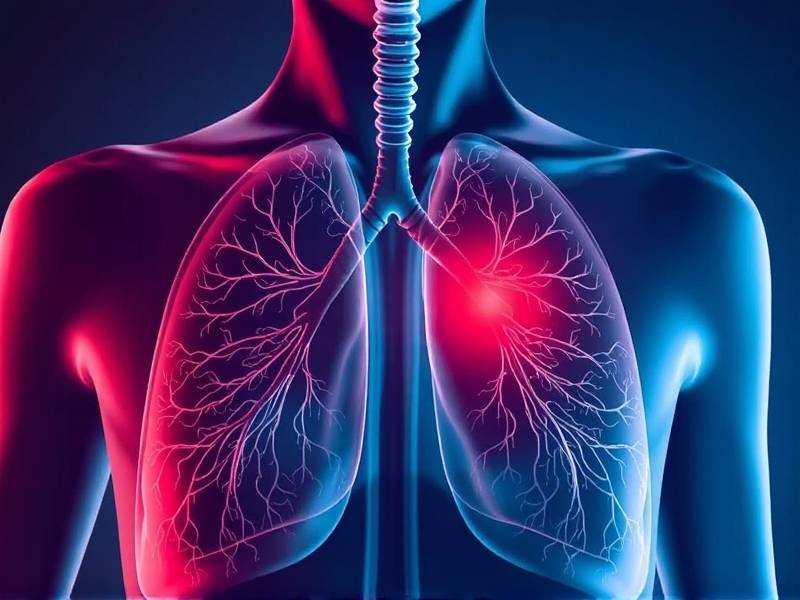Why Do My Lungs Hurt After I Quit Smoking? The Science Behind the Pain
Why Do My Lungs Hurt After I Quit Smoking? The Science Behind the Pain
Introduction: Quitting smoking is a significant decision that can lead to a healthier lifestyle. However, many individuals experience discomfort in their lungs after they quit. In this article, we will explore the science behind the pain and provide insights into why your lungs might hurt after you quit smoking.
-
The Healing Process: When you quit smoking, your body begins a healing process that can sometimes be uncomfortable. The chemicals in cigarettes can cause inflammation and damage to the lungs over time. As you stop smoking, your body starts to repair this damage, which can lead to temporary pain or discomfort.

-
Coughing and Phlegm: One of the most common symptoms experienced after quitting smoking is coughing and producing phlegm. This occurs because your lungs are clearing out the tar and mucus that have accumulated due to years of smoking. While it might be uncomfortable at first, it is an essential part of the healing process.
-
Inflammation and Swelling: Quitting smoking triggers an inflammatory response in your body as it tries to heal itself. This inflammation can cause pain or pressure in your chest or lungs, leading to discomfort. Over time, as your body continues to heal, this inflammation will decrease, and the pain should subside.
-
Nicotine Withdrawal: Nicotine is an addictive substance found in cigarettes that affects the brain's reward system. When you quit smoking, you may experience withdrawal symptoms, including irritability and muscle tension, which can also contribute to lung pain.
-
Improved Oxygen Supply: As you continue to avoid smoking, your body's oxygen supply improves over time. This increased oxygenation can lead to a temporary sensation of tightness or pressure in the chest as your body adjusts to the higher levels of oxygen.
-
Lung Function Improvement: Research has shown that within a few weeks of quitting smoking, there is an improvement in lung function for most individuals. However, during this period of adjustment, some people may experience discomfort as their bodies adapt to better lung health.

Conclusion: While it might be unsettling at first, experiencing lung pain after quitting smoking is a sign that your body is healing itself from years of damage caused by tobacco use. By understanding the science behind this discomfort and being patient with your body's healing process, you can navigate through this phase more comfortably on your journey towards a smoke-free life.
Note: The information provided in this article is based on general knowledge about quitting smoking and its effects on the body. It is always recommended to consult with healthcare professionals for personalized advice and support during the quitting process.
